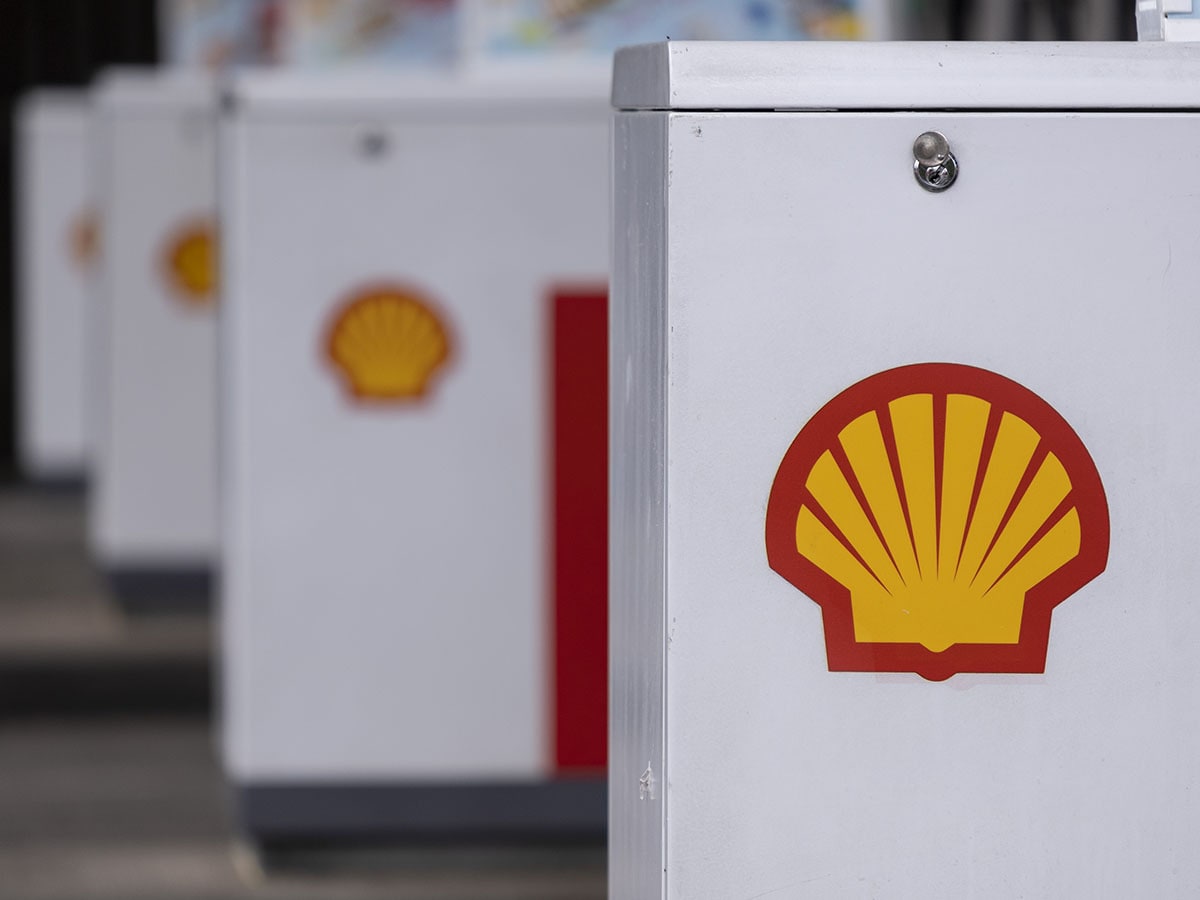Shell is making money at a rate not seen since 2008, and with oil prices predicted to go as high as $200 a barrel, it looks like the money machine could keep printing for a while. But Shell also faces considerable challenges, such as windfall taxes and pressure from activist investors, who want it to get serious about green energy goals.
The price of oil is rising and so is Shell’s [SHEL.L] share price. At the close on 30 June, the stock had risen by 33.9% since the start of the year, while oil prices are hovering around the $112 per barrel mark.
Shell’s financial results make clear how much of a windfall it has experienced in recent months, despite having to sever the cord with its Russian business. In May, it reported its highest adjusted earnings since 2008, which came in at $9.13bn and represented a huge 185% increase on the year-ago quarter’s $3.2bn. This increase came in spite of a $3.9bn post-tax write-off following its decision to exit Russia.
“The war in Ukraine is first and foremost a human tragedy,” the company’s CEO Ben van Beurden reminded reporters, investors and analysts at the announcement, which also revealed that Shell’s refining and trading margins had increased by $1.1bn.
What else does Shell have going for it?
It’s thought that oil prices are still yet to reach their peak, with analysts estimating that prices could reach $200 a barrel in response to a proposed G7 price cap on Russian oil prices, which would likely put pressure on other parts of the market.
On 29 June, van Beurden told reporters that “we’re going to be facing quite a bit of uncertainty in markets for some time to come”, and that spare capacity is currently “running very, very low”. It is also likely that demand for power will increase as economies continue their recovery from the pandemic, putting further strain on supplies.
However, Shell is working on finding additional supplies. On 28 June, it was announced that UK clean energy firm Ceres Power [CWR.L] had signed an agreement with Shell to deliver a megawatt-scale electrolyser to the latter’s R&D centre in India in 2023. The technology, used to create green hydrogen energy, could help Shell to bring increased supplies of green energy online.
The company is also working on readying an exploratory well in the North Sea, where drilling is expected to commence in September.
Potential stumbling blocks ahead for Shell
There are challenges that the company faces in the near term, however. Activist investors have been circling the firm in the hopes they can apply enough pressure for it to fully commit to a green energy future. In October, New York hedge fund Third Point took out a $750m stake in Shell and began calling for it to be broken up into two firms — one focusing on renewable energy and the other on oil and gas — so that investors could choose which parts of the business they wanted to back.
At the company’s AGM in May, Dutch activist shareholder platform Follow This filed a resolution motion calling for Shell to publish its carbon emissions reduction targets for public scrutiny. Van Beurden has called the proposal “unrealistic”. Last year, Shell exited its Netherlands HQ and moved to London, following a legal battle that saw the Dutch courts demand the company slash emissions by 45% by 2030.
Pressure is also being put on by the UK government, which announced a so-called ‘windfall tax’ on oil and gas companies operating in the UK earlier this year. This would see North Sea oil operators being charged a 25% tax on top of the 40% special corporation tax they normally pay.
What’s the outlook for Shell’s share price?
Still, plenty of investors remain keen to buy stock in the oil and gas giant. Rothschild Investment Corp recently acquired 8,350 additional shares in Shell at a value of approximately $459,000. Holloway Wealth Management also purchased shares worth approximately $4.8m in the first quarter. SevenBridge Financial Group, based in Pennsylvania, invested $302,000 in the business.
According to MarketBeat, analysts offering a 12-month price target on Shell’s stock hold an average price target of 2,716.55p, representing a potential 27.3% upside on 30 June’s closing price of 2,134p. The consensus among analysts is that the stock is a ‘buy’, with seven analysts holding this rating, and one labelling it a ‘hold’.
Disclaimer Past performance is not a reliable indicator of future results.
CMC Markets is an execution-only service provider. The material (whether or not it states any opinions) is for general information purposes only, and does not take into account your personal circumstances or objectives. Nothing in this material is (or should be considered to be) financial, investment or other advice on which reliance should be placed. No opinion given in the material constitutes a recommendation by CMC Markets or the author that any particular investment, security, transaction or investment strategy is suitable for any specific person.
The material has not been prepared in accordance with legal requirements designed to promote the independence of investment research. Although we are not specifically prevented from dealing before providing this material, we do not seek to take advantage of the material prior to its dissemination.
CMC Markets does not endorse or offer opinion on the trading strategies used by the author. Their trading strategies do not guarantee any return and CMC Markets shall not be held responsible for any loss that you may incur, either directly or indirectly, arising from any investment based on any information contained herein.
*Tax treatment depends on individual circumstances and can change or may differ in a jurisdiction other than the UK.
Continue reading for FREE
- Includes free newsletter updates, unsubscribe anytime. Privacy policy





